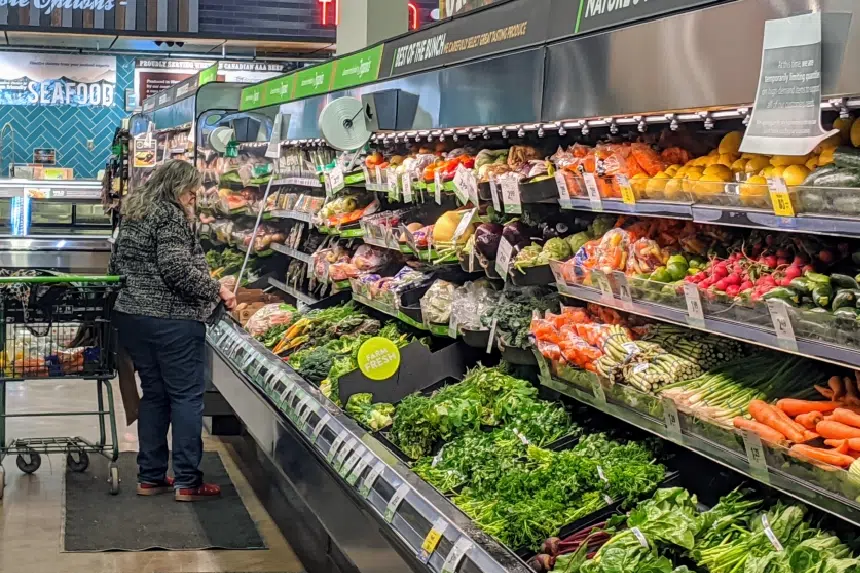A new rebate is making its way to many Canadians today — but whether it will be enough to offset costs rising food costs for families is another issue.
Some Canadians are set to receive a special affordability payment – termed a “grocery rebate” by the federal government — to help offset higher food costs caused by inflation. The payment was promised back in the spring, and will go out to 11 million low-to-modest-income Canadians.
Eligibility for the payment is based on household income and family size, similar to the requirements for the GST tax credit.
According to the Canadian Press, single Canadians without children can expect an additional $234 alongside their regular GST payments, while couples with two children can expect $467 and seniors will get an average of $225.
Sylvain Charlebois, who studies food distribution and policy at Dalhousie University, told John Gormley that bringing grocery prices down might not be the goal of the rebate.
Charlebois explained that food companies need to make a living, just like any other Canadian businesses, and do so with slim margins, typically raising prices incrementally.
In 2022 and 2023, new baselines have been created with regards to cost management, Charlebois explained. With salaries and packaging fees increasing, he said it is just more expensive to operate a business today.
A significant increase in costs last year still has businesses and consumers feeling pressured, despite improvements to supply chains. Charlebois said weather and nature concerns affect commodity and food prices almost daily.
With all this, many families have fallen behind.
“Is the $2.5 billion (rebate program) enough today to help those families? Not really,” Charlebois told Gormley.
He called for a more sustainable solution and the need to recognize that many families are struggling to pay their bills.
Charlebois proposed two sustainable solutions, though he noted both require more research before they could be implemented.
First, Charlebois said he is supportive of a guaranteed minimum income in Canada, as the economy continues to change. He said artificial intelligence, automation and other technologies will be playing an important role in Canada’s economy moving forward, and for the marketplace to adapt some sort of program for supporting Canadians is needed.
He also advocated for a Canadian program along the lines of food stamps, where families are ensured food through the program rather than given money to apply to any bill. That could even encourage local purchases, he noted.
Similar programs in the United States are well targeted, Charlebois said, but may be costly to implement in Canada.
“It’s way more work than just sending out cheques,” Charlebois shared, and admitted those programs wouldn’t be for everyone.
Through his experience volunteering at food banks, Charlebois said he does see the urgent need for more help when it comes to food affordability.
–With files from The Canadian Press.











